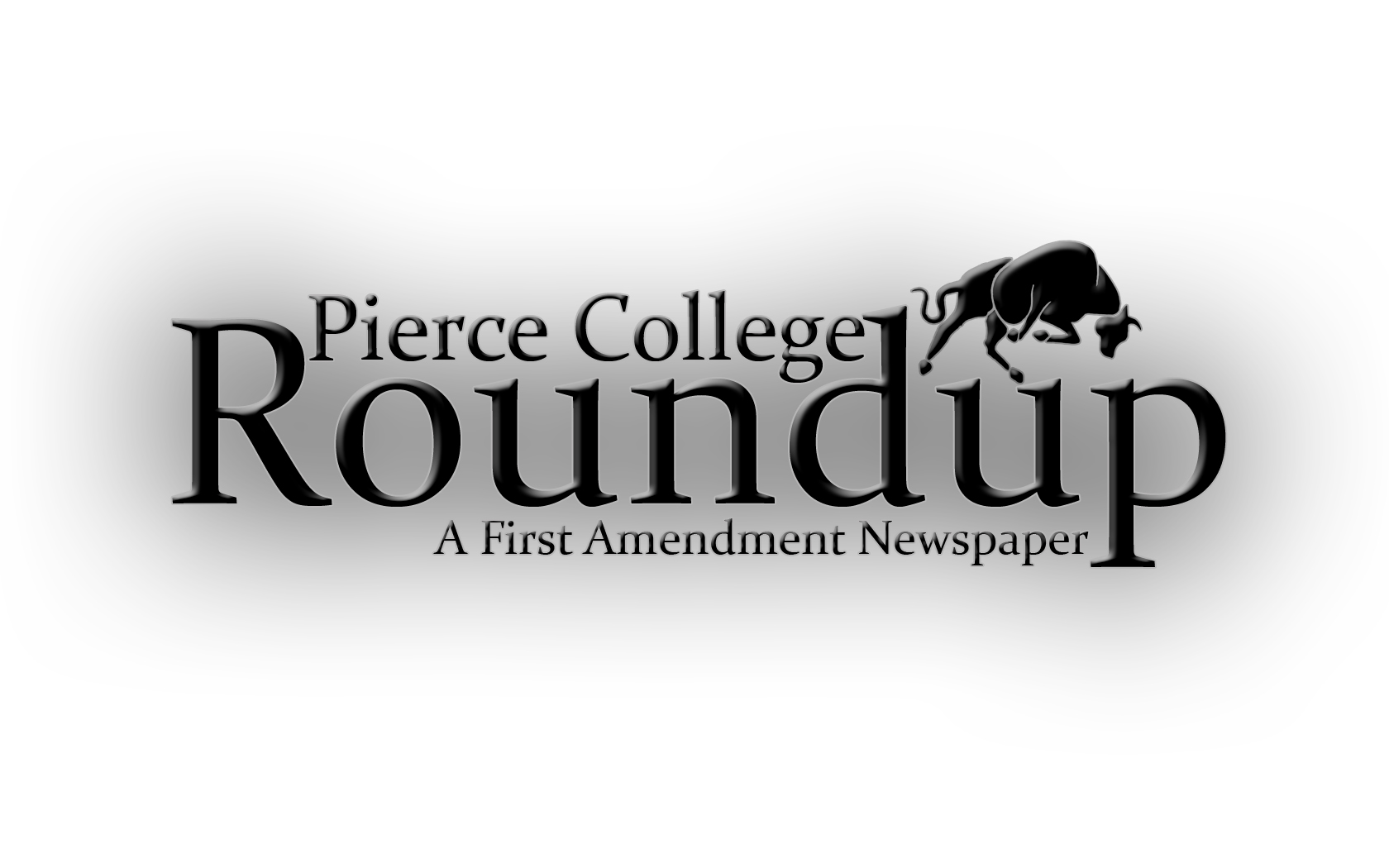October doesn’t warrant any special attention to breast cancer for Pierce College’s Student Health Center.
Instead, clinicians do pink ribbons justice every day by providing individual exams and classroom education, even in the face of opposition.
Outside the office, Health Center Director Beth Benne teaches warning signs and proper self examinations for breast and testicular cancers as part of a classroom-based outreach program.
Inside the exam rooms, Benne and her clinical staff teach as they examine, suggesting that women participate in a breast exam to learn the nuances of their bodies and more accurately detect abnormalities.
“Our best teaching occurs in the clinic. During an individual examination, we help you discover what your breast is like,” Benne said. “We as health educators believe that prevention is key.”
However, a change in medical standards by two national gynecological health care organizations mandated that clinics stop teaching self breast examinations, Benne said.
Research showed that self breast exams didn’t affect death rates among women with breast cancer, Debbie Sargent, nurse practitioner and Pierce’s women’s health specialist, said.
Based on this research, two gynecological health organizations, the American Congress of Obstetricians and Gynecologists and the American Association for Colposcopy and Cervical Pathology, recommended that clinicians not teach self breast exams, Benne said.
But both clinicians’ experiences stand as testimony to the contrary.
“I know a lot of people who have found their own breast lumps,” Sargent said.
“I can count on both hands the number of women I know that found their own breast lumps,” Benne said in agreement.
“We don’t agree with them, and we don’t follow them,” Benne said.
Both clinicians believe in the power of health education and a woman’s right to know her own body.
“There is nothing wrong with teaching a woman about her body,” Benne said.
“Why not teach them how to perform a free breast exam?” Sargent said.
With the standard age of a first mammogram increasing, women who have a family history of breast cancer may have to pay for mammograms at a younger age, Sargent said.
Breast cancer diagnosed at a younger age is often more aggressive and dangerous than a diagnosis later in life, giving young women more reason to stay vigilant in their self examinations, both clinicians said.
Proper education and familiarity with a woman’s own body is paramount to an accurate self breast exam, Benne said.
“It’s a visual exam as well as a feeling exam” Benne said.
Around age 20, young women should start self breast exams as they begin to get to know their bodies, and exams are best performed every couple months seven to 10 days after the first day of a women’s period, Sargent said.
Women with a family history of breast cancer have a higher risk for breast cancer and should start mammograms 10 years prior to the family member’s diagnosis, Sargent said.
“I haven’t been directly affected by breast cancer, but I have known a few people that have suffered from breast cancer,” Tynisha Lewis, a first year broadcast journalism major, said. “I get examined and stay pretty up to date with it.”
Lewis performs self breast exams and receives exams from her doctor.
“It’s important for us to become familiar with our bodies,” Benne said. “How many of us stand in front of the mirrors and stare at our breasts?”
For a breast exam or instruction on performing an accurate self breast exam, make and appointment at the Health Center on the second floor of the Student Services building.




